Trees do more than just provide shade – they improve air quality, boost mental health, and even increase property value! From cooling your home naturally to supporting local wildlife, planting trees comes with a surprising range of benefits. Discover 16 incredible reasons why adding more trees to your space is one of the best things you can do for yourself and the environment.
Air Quality Improvement
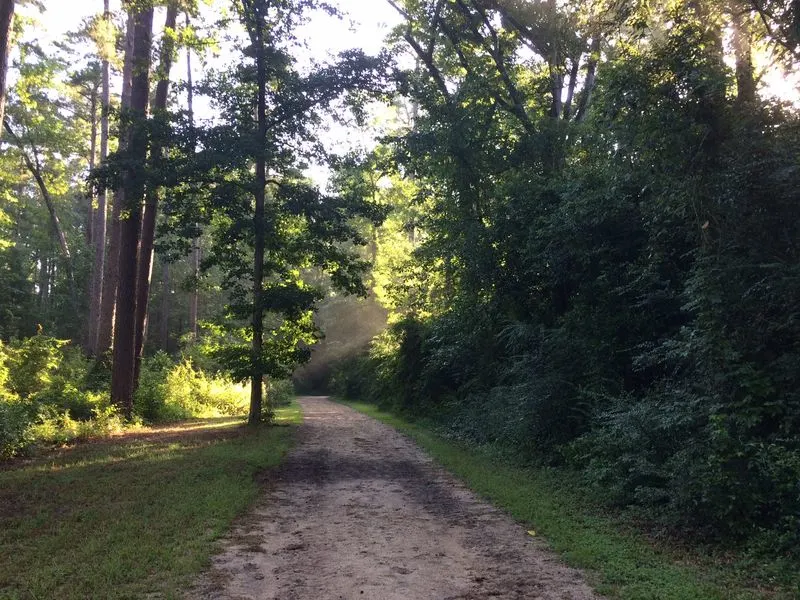
Trees are nature’s air purifiers. They absorb pollutants like sulfur dioxide and carbon monoxide, releasing clean oxygen for us to breathe. In urban areas, they are particularly beneficial as they help reduce the impact of pollution. For example, a mature tree can absorb up to 48 pounds of carbon dioxide annually. This makes urban settings healthier for both children and the elderly. Beyond pollution control, trees also trap dust, pollen, and smoke, aiding those with respiratory issues. Their presence can transform congested cityscapes into more breathable spaces, promoting overall well-being.
Temperature Regulation
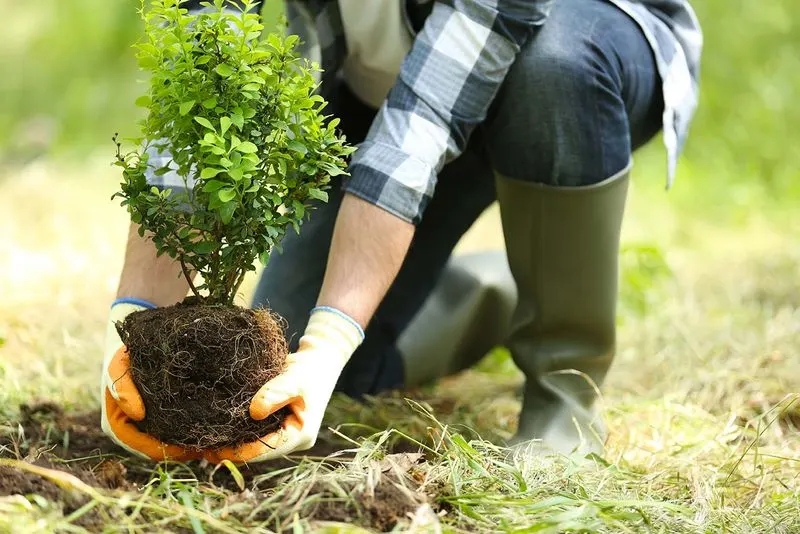
The canopy of a tree provides a natural shade that regulates temperature. On a hot day, strategically planted trees can cool areas by up to 10 degrees Fahrenheit. This is especially useful in suburban settings where air conditioning costs soar in the summer. By reducing the urban heat island effect, trees keep neighborhoods cooler and more comfortable. Moreover, during winter, they serve as windbreaks, helping to retain heat. This dual function of cooling and heating support makes them an energy-efficient resource for homes and communities alike.
Biodiversity Support
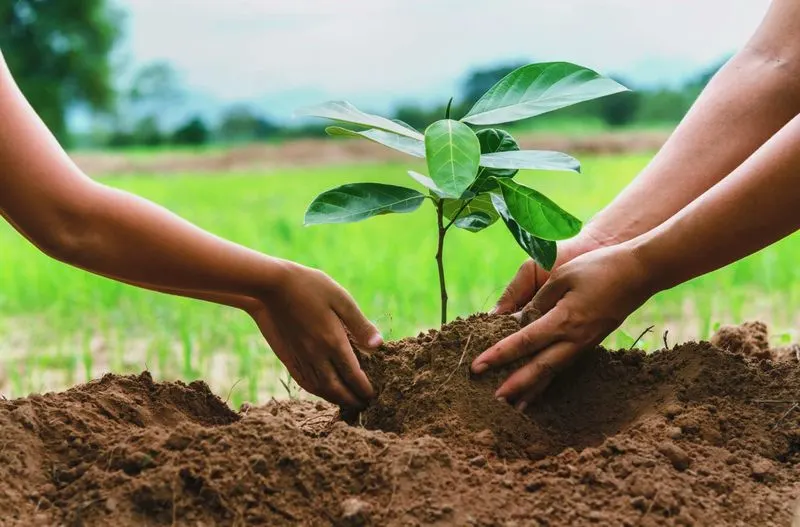
Trees are vital for maintaining biodiversity. They provide essential habitats and food sources for various wildlife species, from birds to insects. Forests are home to about 80% of terrestrial animals and plants. In urban areas, trees create green corridors that connect isolated patches of habitat, facilitating wildlife movement. This support is crucial for maintaining ecological balance. Furthermore, trees contribute to genetic diversity among plant and animal species. By planting trees, we ensure the survival of these species, fostering a rich tapestry of life that benefits the entire ecosystem.
Water Conservation
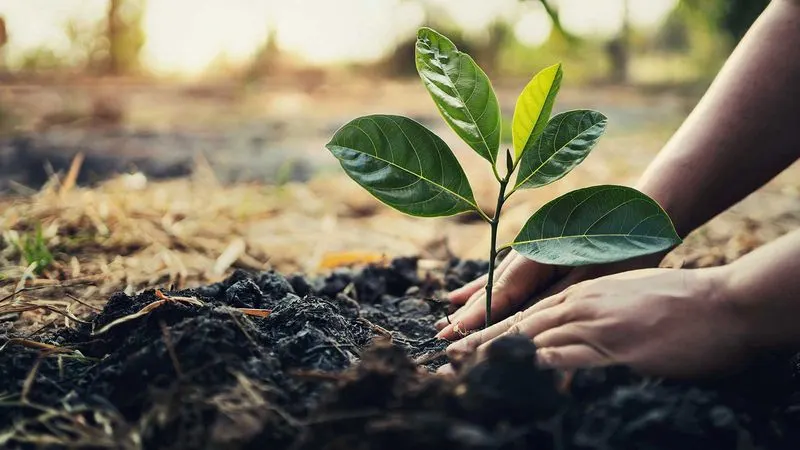
Trees play a significant role in conserving water. Their roots increase soil permeability, reducing surface runoff and allowing more water to infiltrate the ground. This process helps replenish groundwater supplies. Moreover, trees shade water bodies, minimizing evaporation and maintaining water levels. Urban parks, for example, benefit from tree cover as it supports local water cycles. Additionally, during heavy rains, trees reduce soil erosion by stabilizing the soil with their roots. This natural water management system is crucial in both rural and urban landscapes, promoting sustainable water use.
Mental Health Boost
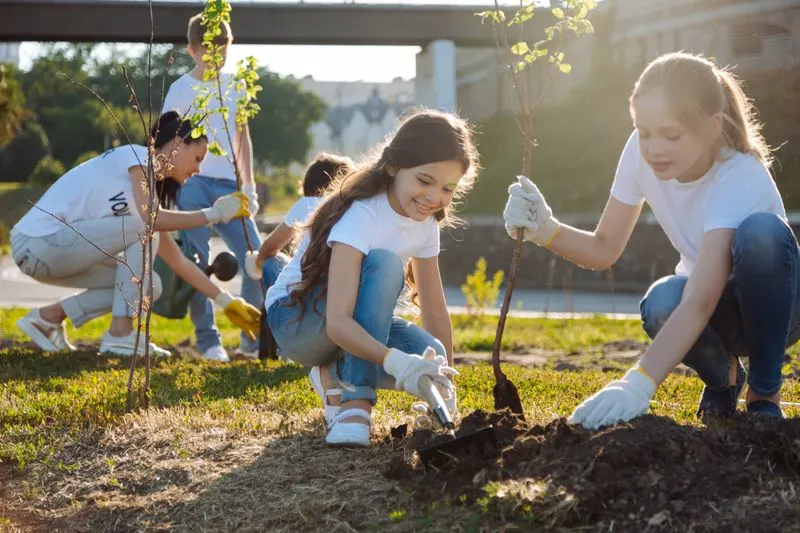
The presence of trees has been linked to improved mental health. Green spaces offer a peaceful retreat from the hustle and bustle of urban life, reducing stress and anxiety levels. Studies have shown that spending time among trees can lower cortisol levels, enhancing overall well-being. For instance, a simple walk in a tree-lined park can be a therapeutic experience for many. Trees also promote social interaction, providing a community gathering space. This connection to nature fosters a sense of calm and happiness, making trees invaluable for mental health support.
Economic Benefits
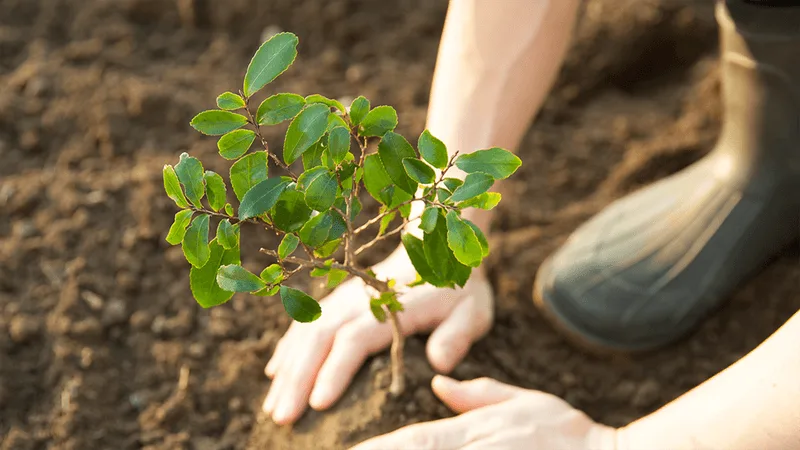
Trees offer significant economic advantages. They increase property values, with homes near mature trees selling for up to 15% more. Additionally, they attract businesses and tourists, boosting local economies. A well-planned urban forest can save cities millions in stormwater management costs and reduce energy expenses. Trees also provide resources such as fruit and timber, supporting agricultural and manufacturing industries. For example, community orchards not only supply fresh produce but also create job opportunities. Investing in trees is investing in economic growth and sustainability, benefiting both individuals and communities.
Enhanced Privacy
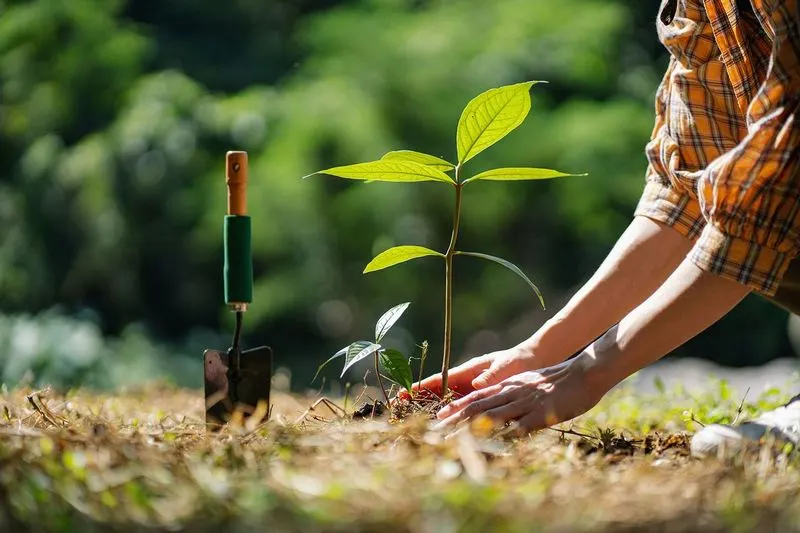
Trees can serve as natural privacy screens. Their dense foliage acts as a barrier, blocking unwanted views and reducing noise pollution from neighboring properties or busy streets. This is particularly beneficial for urban and suburban homeowners seeking seclusion. Planting large, leafy trees can create a peaceful oasis, offering a sense of security and privacy. Additionally, trees can delineate property boundaries, serving as living fences. This natural form of privacy is not only aesthetically pleasing but also environmentally friendly, enhancing the overall quality of life for residents.
Soil Enrichment
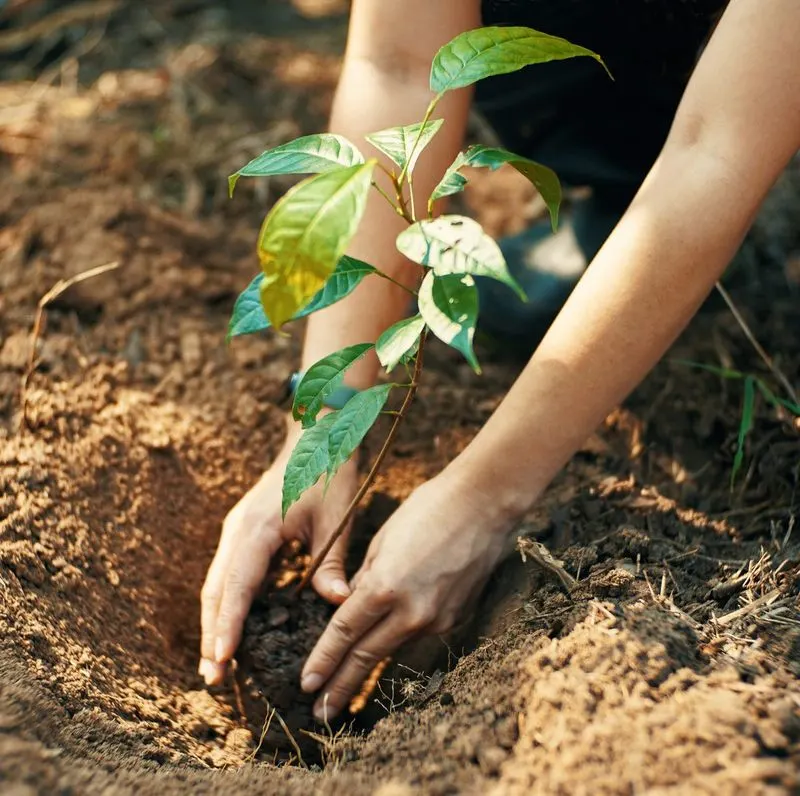
Trees contribute to soil enrichment. Their fallen leaves decompose, adding organic matter that improves soil fertility and structure. This natural composting process enhances nutrient availability, supporting plant growth. In agricultural settings, trees can be intercropped to boost crop yields and prevent land degradation. Furthermore, tree roots stabilize the soil, preventing erosion and maintaining soil health. Community gardens and farms benefit significantly from tree planting, as it leads to healthier, more productive soil. This soil enrichment supports sustainable agriculture and enhances food security.

